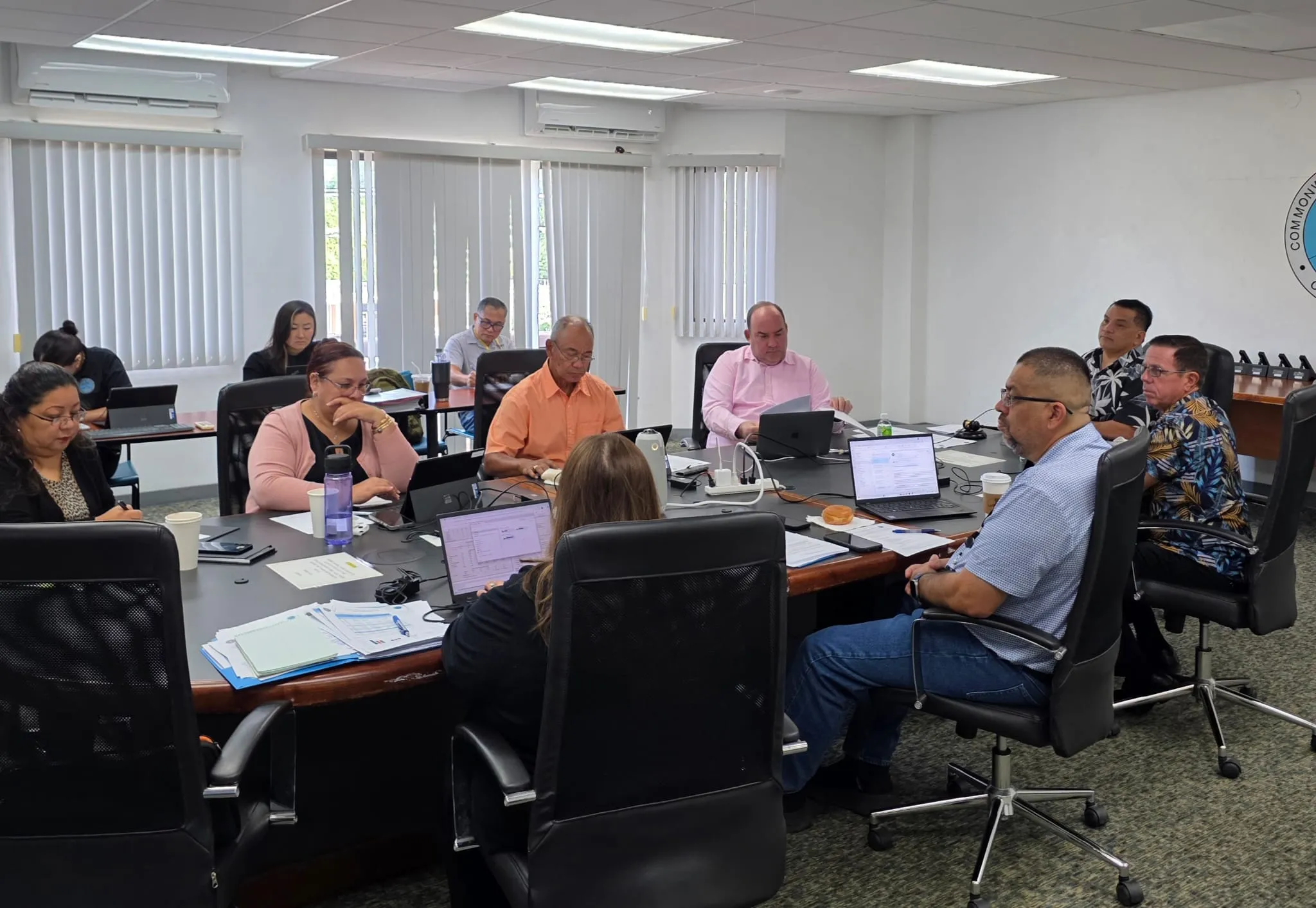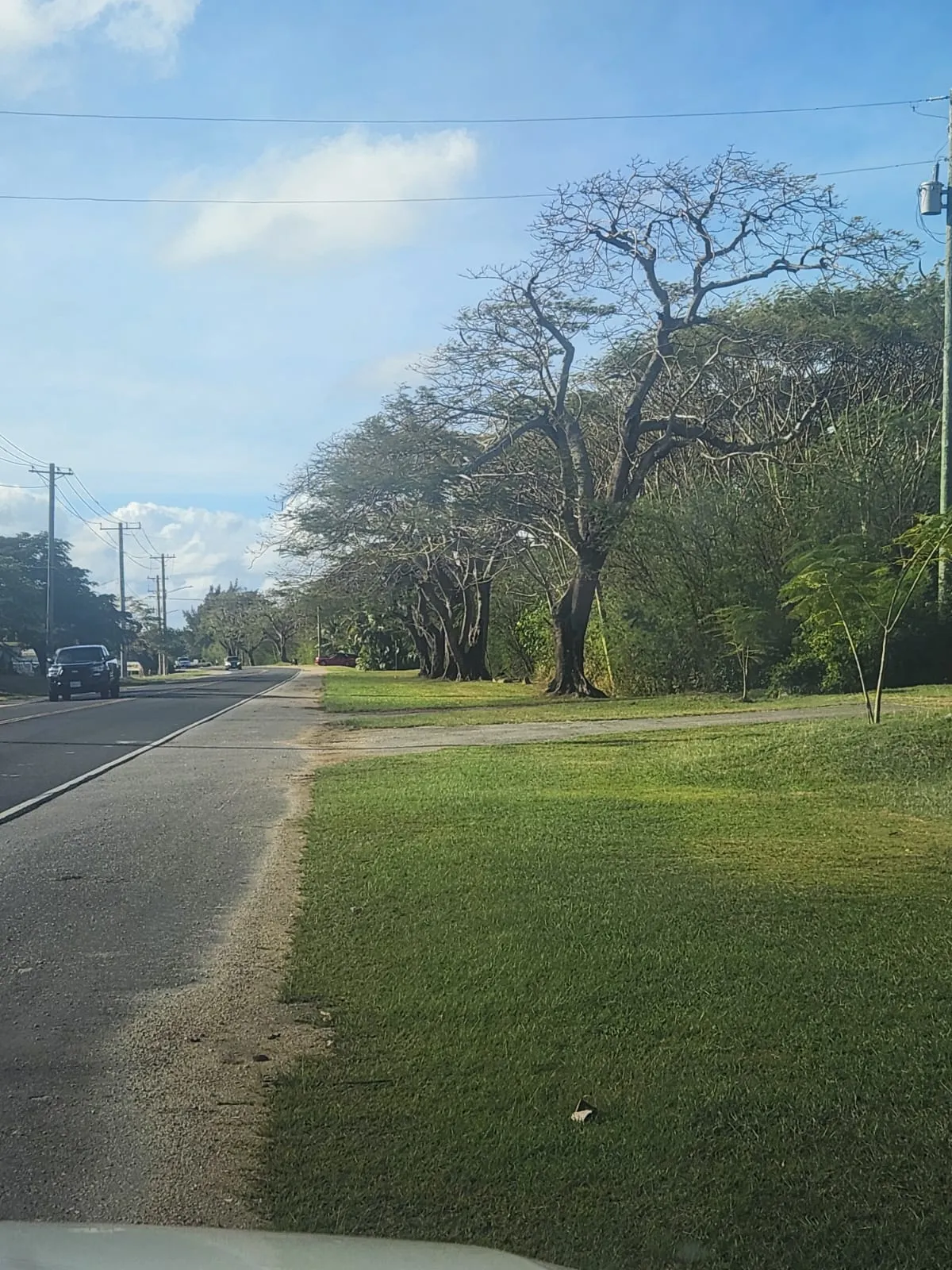For real
THE administration’s original FY 2026 budget proposal — projecting more than $20 million in new revenue — leaned heavily on a pension obligation bond, “special revenue funds, federal funds, and [funds from] autonomous agencies.” It also hinted at “innovative, sustainable revenue-generating measures” — in plain English, tax and fee hikes. Clearly, it was less a budget than a political wish list, and even the House of Representatives wants no part of it.
The version passed by the House last week makes more mathematical sense. The House measure does not account for the $29 million MPLT loan and maintains agency budgets at FY 2025 levels. It is also worth noting that while the House Ways and Means chair said they will continue to fulfill the government’s (federally mandated) obligation to pay 75% of retirees’ benefits, there was no mention of the 25% voluntary payments that were made possible more than a decade ago by robust tourism arrivals and the entry of a new investor.
As for MPLT, it is likely to approve the new loan for the central government. MPLT’s main task now is to come up with a list of more or less plausible justifications for it.
The goal, as always, is just to hold the fort a little longer. Perhaps the federal bailout will materialize, or tourists will return, or a genuine investor will emerge. But wishin’ and hopin’ sure won’t foot the bills.
The problem with the solution
THE key to innovation and sustainability? Reducing government costs. That is not a state secret. In the NMI, many politicians and commentators have recommended it even before the establishment of the Commonwealth government. It has never been implemented because such proposals enjoy little or no political support. Significant cost-cutting initiatives must be introduced, passed, and enacted by officials elected by the very same people who would either lose their jobs or take a pay cut if the plan is carried out.
What has political support? More spending. Regardless of the state of the economy, government agencies and many members of the public themselves continue to request or demand for more funding from their government.
As in the past, we will once again hear calls for diversification, new industries, more training, and other old ideas that sound new to many, even though nothing truly new has been said about the current economic crisis since the last time we faced it.
Meanwhile?
As we wait for the government’s grand plans to materialize, how will it meet its current obligations — from retirees’ pensions to the 25% budget for PSS, to say nothing of medical referrals and government payroll? Raising taxes and fees, or imposing new ones, can allow the government to pad its revenue projections, but collecting them is another matter. As businesses have patiently explained to elected officials, higher taxes or fees are likely to be passed on to consumers, potentially leading to lower sales, decreased revenue, a smaller workforce, and ultimately reduced tax collections.
What the government should do — besides boosting tourism, attracting new investors, and seeking federal help — is resist the urge to impose additional burdens on the private sector and other taxpayers. Ultimately, CNMI officials must find ways to reduce government costs.










